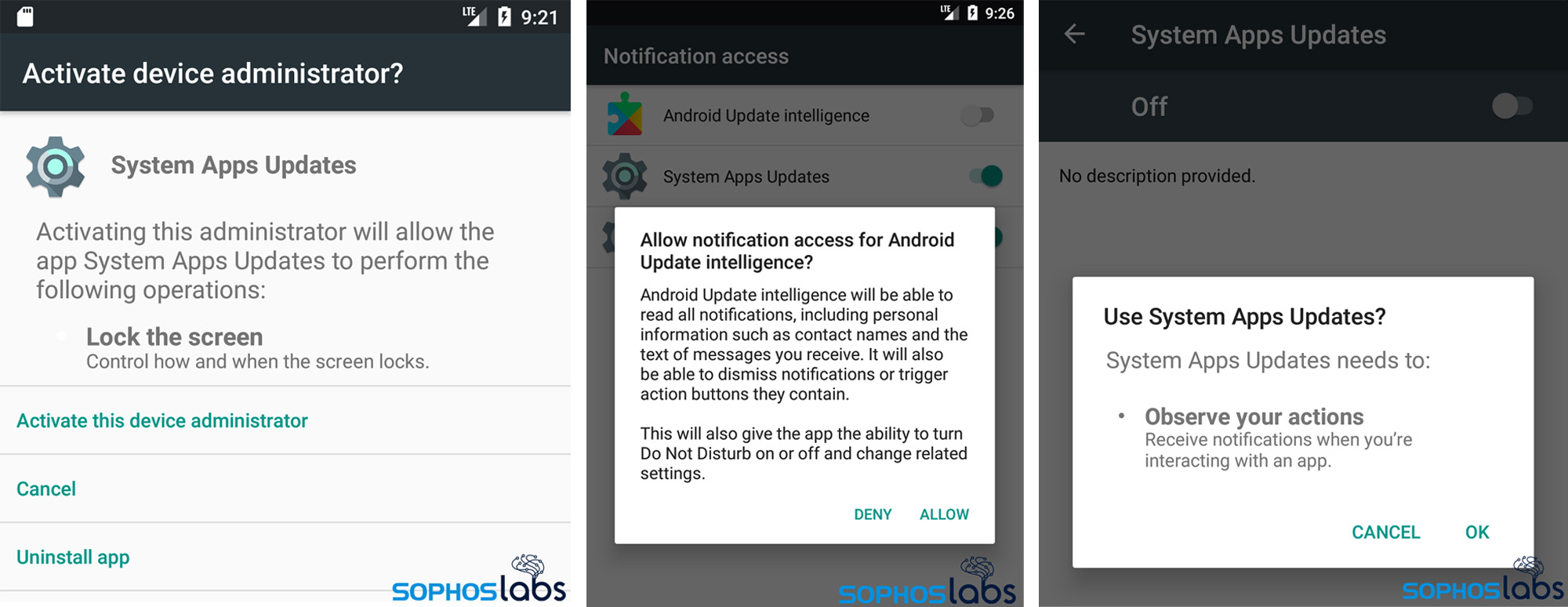News
New Variants Of Android Spyware Are Targeting Middle East Users
Sophos recommends Android users to never install apps from untrusted sources and avoid ignoring available OS and app updates.

British security software and hardware company Sophos has recently revealed that new variants of Android spyware used by the C-23 group are actively targeting users in the Middle East.
C-23, also known as GnatSpy, FrozenCell, or VAMP, is what cybersecurity professionals refer to as an advanced persistent threat (APT) adversary. Such adversaries are typically well-funded and well-organized, which allows them to quickly evolve their tactics to overcome even the most sophisticated cybersecurity defenses.
The C-23 adversary has been known for targeting individuals in the Middle East since at least 2017, with a particular focus on the Palestinian territories.
The latest variants of its Android spyware are most likely distributed via a download link sent to victims as text messages. The link leads to a malicious app that pretends to install legitimate updates on the victim’s mobile device. When the app is launched for the first time, it requests a number of permissions that let it spy on the victim. It then disguises itself to make removal more difficult.

“The new variants use more, and more varied, disguises than previous versions, hiding behind popular app icons such as Chrome, Google, Google Play, YouTube, or the BOTIM voice-over-IP service” explain Sophos. “If targets click a fraudulent icon, the spyware launches the legitimate version of the app, while maintaining surveillance in the background”.
Also Read: Dubai Establishes $272 Million Future District Fund To Attract Tech Companies
The information the new spyware can steal includes everything from text messages to the names of installed apps to contacts from all kinds of apps, including Facebook and WhatsApp. The spyware can even dismiss notifications and toggle “Do Not Disturb” settings.
Sophos recommends Android users to never install apps from untrusted sources and avoid ignoring available OS and app updates. The company’s own mobile antivirus app, called Sophos Intercept X for Mobile, can detect the new spyware as well as all kinds of other malicious software.
News
Samsung Smart Glasses Teased For January, Software Reveal Imminent
According to Korean sources, the new wearable will launch alongside the Galaxy S25, with the accompanying software platform unveiled this December.

Samsung appears poised to introduce its highly anticipated smart glasses in January 2025, alongside the launch of the Galaxy S25. According to sources in Korea, the company will first reveal the accompanying software platform later this month.
As per a report from Yonhap News, Samsung’s unveiling strategy for the smart glasses echoes its approach with the Galaxy Ring earlier this year. The January showcase won’t constitute a full product launch but will likely feature teaser visuals at the Galaxy S25 event. A more detailed rollout could follow in subsequent months.
Just in: Samsung is set to unveil a prototype of its augmented reality (AR) glasses, currently in development, during the Galaxy S25 Unpacked event early next year, likely in the form of videos or images.
Additionally, prior to revealing the prototype, Samsung plans to introduce…
— Jukanlosreve (@Jukanlosreve) December 3, 2024
The Galaxy Ring, for example, debuted in January via a short presentation during Samsung’s Unpacked event. The full product unveiling came later at MWC in February, and the final release followed in July. Samsung seems to be adopting a similar phased approach with its smart glasses, which are expected to hit the market in the third quarter of 2025.
A Collaborative Software Effort
Samsung’s partnership with Google has played a key role in developing the smart glasses’ software. This collaboration was first announced in February 2023, with the device set to run on an Android-based platform. In July, the companies reiterated their plans to deliver an extended reality (XR) platform by the end of the year. The software specifics for the XR device are expected to be unveiled before the end of December.
Reports suggest that the smart glasses will resemble Ray-Ban Meta smart glasses in functionality. They won’t include a display but will weigh approximately 50 grams, emphasizing a lightweight, user-friendly design.
Feature Set And Compatibility
The glasses are rumored to integrate Google’s Gemini technology, alongside features like gesture recognition and potential payment capabilities. Samsung aims to create a seamless user experience by integrating the glasses with its broader Galaxy ecosystem, starting with the Galaxy S25, slated for release on January 22.


























